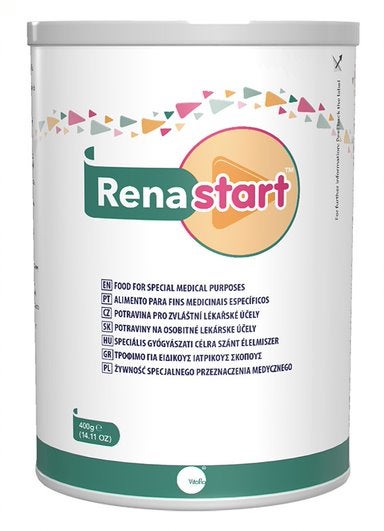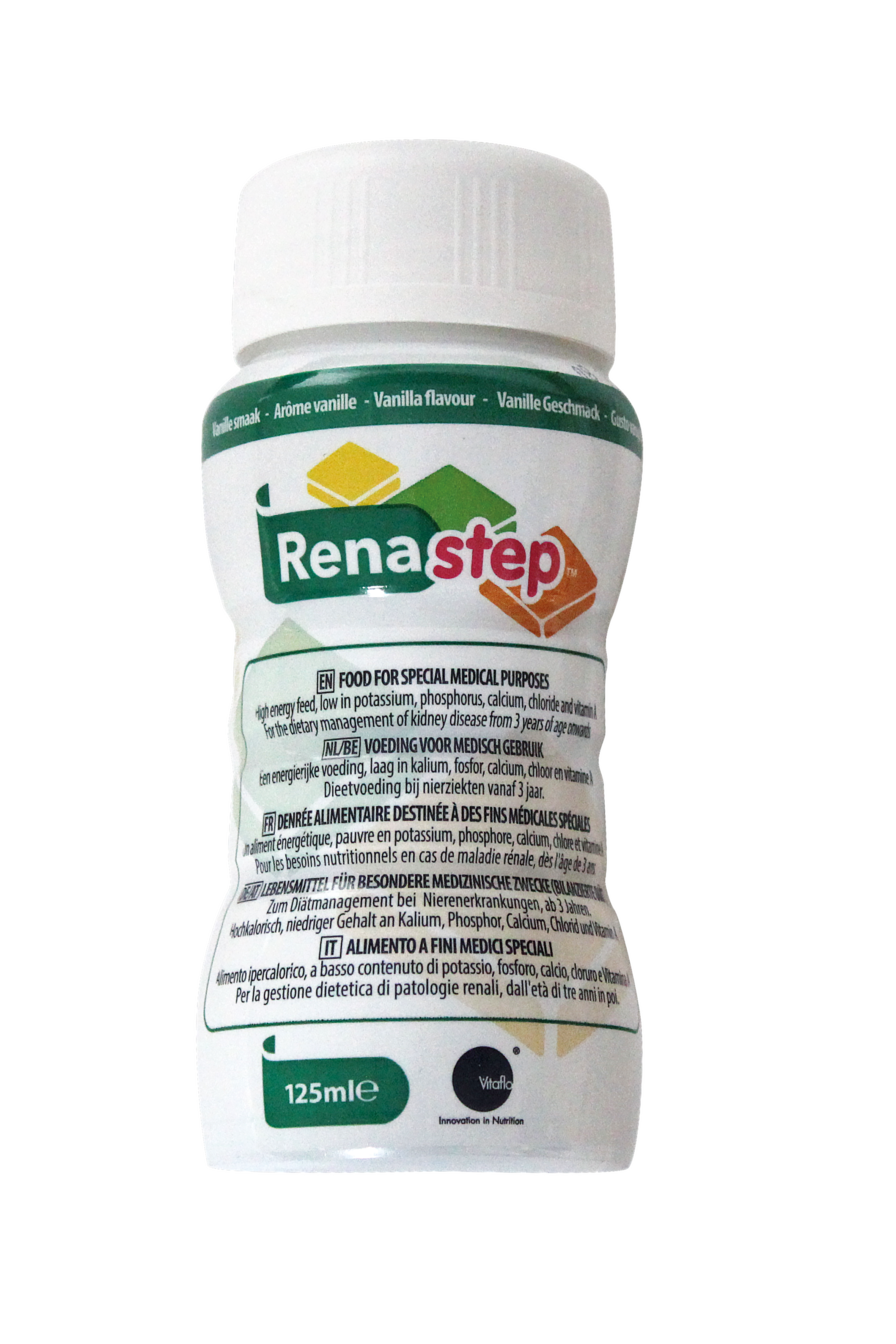Paediatric Kidney Disease
There are two types of kidney disease; Acute Kidney Injury (AKI) and Chronic Kidney Disease (CKD).
Provision of adequate nutrition is vital in the management of children with kidney disease to enable normal growth and development1. Dietary management also aims to avoid the accumulation of toxic metabolites, reduce morbidities such as renal bone disease and ultimately improve quality of life
Dietary management is complex and should be individualised with a focus on2:
1. Energy intake: poor appetite, food refusal, nausea and vomiting are common.
2. Protein intake: careful monitoring and regulation of protein is needed to achieve optimal growth.
3. Fluid and electrolytes: requirements and potential restrictions will vary depending upon the needs of the individual.
4. Regulation of calcium and phosphate intakes.
5. Ensuring adequate micronutrient and iron intakes.
Dietary management is dependent on many factors and therefore a specialist paediatric renal dietitian has an essential role in the management of these patients within a multidisciplinary team.
1. KDOQI Clinical Practice Guideline for Nutrition in Children with CKD: 2008 Update. 2009.
2. Royle J. Chapter 12: Kidney Disease. In: Shaw V, editor. Clinical Paediatric Dietetics. 4: John Wiley & Sons Ltd.; 2015. p. 242-81
Our product for Paediatric Kidney Disease

The content you are trying to access is intended for healthcare professionals only.



